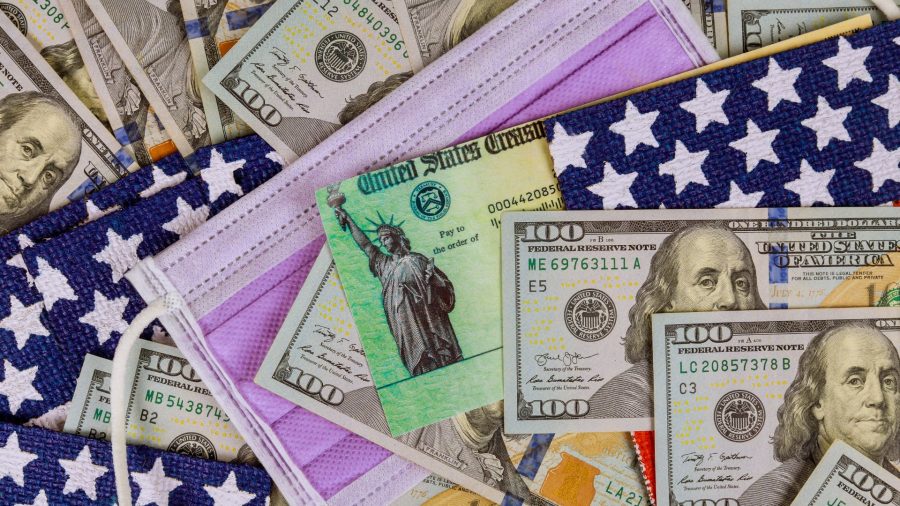Becoming a U.S. citizen is a dream for many immigrants, and understanding the costs involved is crucial for financial planning. In 2024, the process of naturalization involves various expenses, including filing fees, preparation costs, and optional expenditures. Below is a detailed and organized breakdown to help applicants navigate the financial aspects of the journey to U.S. citizenship:
1. Filing Fees
The primary cost for U.S. citizenship is the fee associated with Form N-400, the Application for Naturalization. These fees are set by the U.S. Citizenship and Immigration Services (USCIS):
- Filing Fee: $640
- Biometric Services Fee: $85
Total Cost: $725
Fee Waivers and Reductions
Certain applicants may qualify for financial relief under specific conditions:
- Fee Waiver: Applicants whose household income falls below 150% of the Federal Poverty Guidelines may qualify to have the entire fee waived. Supporting documents, such as tax returns or proof of public benefits, are required.
- Reduced Fee: Individuals with incomes between 150% and 200% of the Federal Poverty Guidelines may be eligible for a reduced fee of $405, which includes the biometric fee.
2. Preparation Costs
While the naturalization process is primarily a legal and administrative procedure, many applicants choose to invest in preparation to increase their chances of success.
a. Legal Assistance
Legal help can be invaluable, especially for applicants with complex cases or past immigration violations:
- Immigration Attorney Fees: $1,000 to $3,000 depending on the complexity of the case.
- Nonprofit Organizations: Many immigrant-focused nonprofits offer free or low-cost legal assistance. Examples include Catholic Charities, the International Rescue Committee (IRC), and local immigrant support centers.
b. Citizenship Classes and Test Preparation
To pass the English language and civics portions of the naturalization test, preparation is often essential:
- Community Citizenship Classes: Classes offered through libraries or community centers typically cost $50 to $200.
- Online Test Prep: Apps, e-books, and online courses range from $10 to $50.
- Free USCIS Resources: The USCIS website provides official study materials, including flashcards and practice tests, at no cost.
3. Optional Costs
Additional expenses can arise depending on personal choices and circumstances:
a. Passport Application
Many new citizens apply for a U.S. passport as proof of citizenship and for international travel:
- Passport Book Fee (Adult): $130
- Passport Card (Optional): $30
- Execution Fee (Processing): $35
Total for Both Book and Card: $165
b. Travel and Lodging Expenses
Attending USCIS appointments and the naturalization ceremony may require travel:
- Transportation Costs: Local or regional travel expenses can range from $20 for public transport to hundreds of dollars for long-distance trips.
- Lodging: If overnight stays are needed, lodging can cost between $50 and $200 per night, depending on the location.
4. Special Considerations for Certain Groups
Different categories of applicants may face unique cost structures:
- Military Applicants: Active-duty and veteran service members typically have their naturalization fees waived under special provisions.
- Senior Applicants (75+ Years): The biometric fee is waived, reducing the total fee to $640.
- Children (Under 18): For children deriving citizenship through a parent, Form N-600 (Application for Certificate of Citizenship) is often required, with a fee of $1,170 as of 2024.
5. Tips for Reducing Costs
Immigrants can take several steps to manage the financial demands of the naturalization process:
- Apply for Fee Waivers or Reductions: Thoroughly review USCIS Form I-912 for fee waiver eligibility or Form I-942 for reduced fees.
- Seek Nonprofit Assistance: Organizations like Legal Aid, National Immigration Forum, or local community centers can provide affordable support.
- Self-Study: Leverage free resources from USCIS, including videos, practice tests, and study guides, to prepare independently.
- Plan Ahead: Spread out expenses by budgeting for the application, classes, and any optional costs over several months.
Summary Table of Costs
| Cost Category | Minimum ($) | Maximum ($) |
|---|---|---|
| Filing Fees | 725 | 725 |
| Reduced Filing Fees (if eligible) | 405 | 405 |
| Legal Assistance | 0 (Nonprofit) | 3,000 |
| Citizenship Classes | 50 | 200 |
| Study Materials | 0 (Free) | 50 |
| Passport Application | 165 | 165 |
| Travel and Lodging | Varies | Varies |
| Form N-600 (Children) | 1,170 | 1,170 |
Final Thoughts
The cost of U.S. citizenship in 2024 varies depending on individual circumstances, including eligibility for waivers, geographic location, and personal preparation preferences. For most immigrants, the baseline expense is $725, but preparation and optional fees can significantly increase the total cost. By taking advantage of nonprofit resources, free USCIS materials, and financial assistance programs, applicants can reduce these costs.
Always refer to the official USCIS website or consult with a qualified immigration attorney for the most accurate and up-to-date information. Fees, policies, and processes are subject to change.




